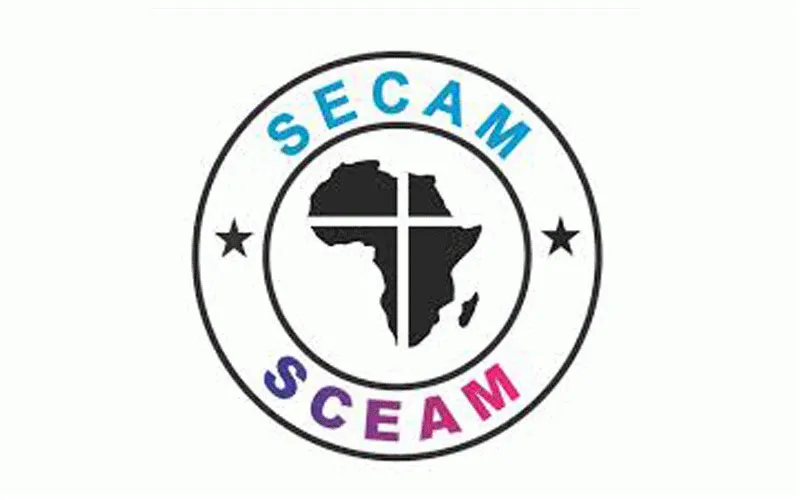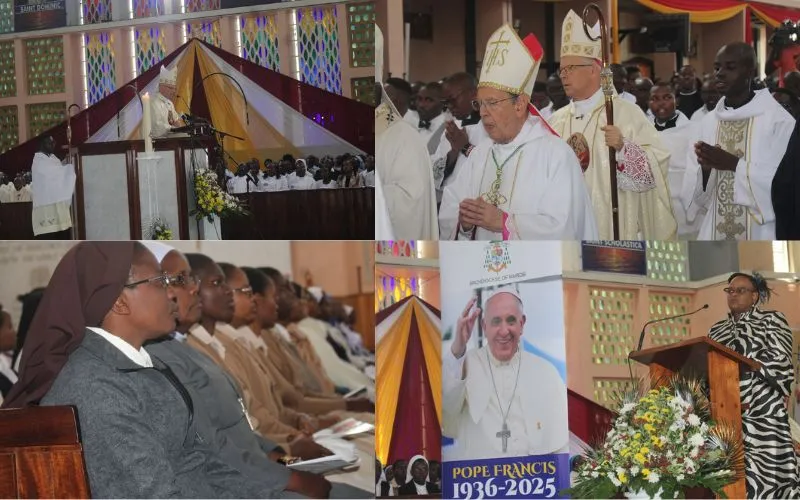Vatican, 12 February, 2021 / 6:31 pm (ACI Africa).
As Vatican Radio marks 90 years since its establishment on Friday, February 12, Catholic Bishops in Africa have, in a letter shared with ACI Africa, expressed the hope that there will be continued collaboration with the Rome-based Catholic radio.
“We look forward to further collaboration with Radio Vatican and wish you a truly happy and fulfilling celebration,” the Chairman of the Pan African Episcopal Committee for Social Communications (CEPACS), Bishop Emmanuel Adetoyese Badejo says in his February 11 letter addressed to the leadership of Vatican Radio.
In the one-page to the Prefect of the Vatican's Dicastery for Communications, Dr. Paolo Ruffini, the President of CEPACS, an entity of the Symposium of Episcopal Conferences of Africa and Madagascar (SECAM), adds, “I rejoice with you and with the entire staff and team who have contributed to the work of the radio in all these years.”
To the leadership of the Committee of Catholic Bishops responsible for Social Communications in Africa, during the 90 “fruitful years” of Vatican Radio’s programing, “the Church in Africa has enjoyed first-hand the services of this jewel of pastoral communication and evangelization for over 70 years.”
“During those years not only have the voice and acts of the Holy Father and the Universal Church been broadcast to millions of Africans, it is remarkable that the voice and experience of the church in Africa has also been disseminated to a world-wide audience,” the Local Ordinary of Nigeria’s Oyo Diocese adds in the letter.








